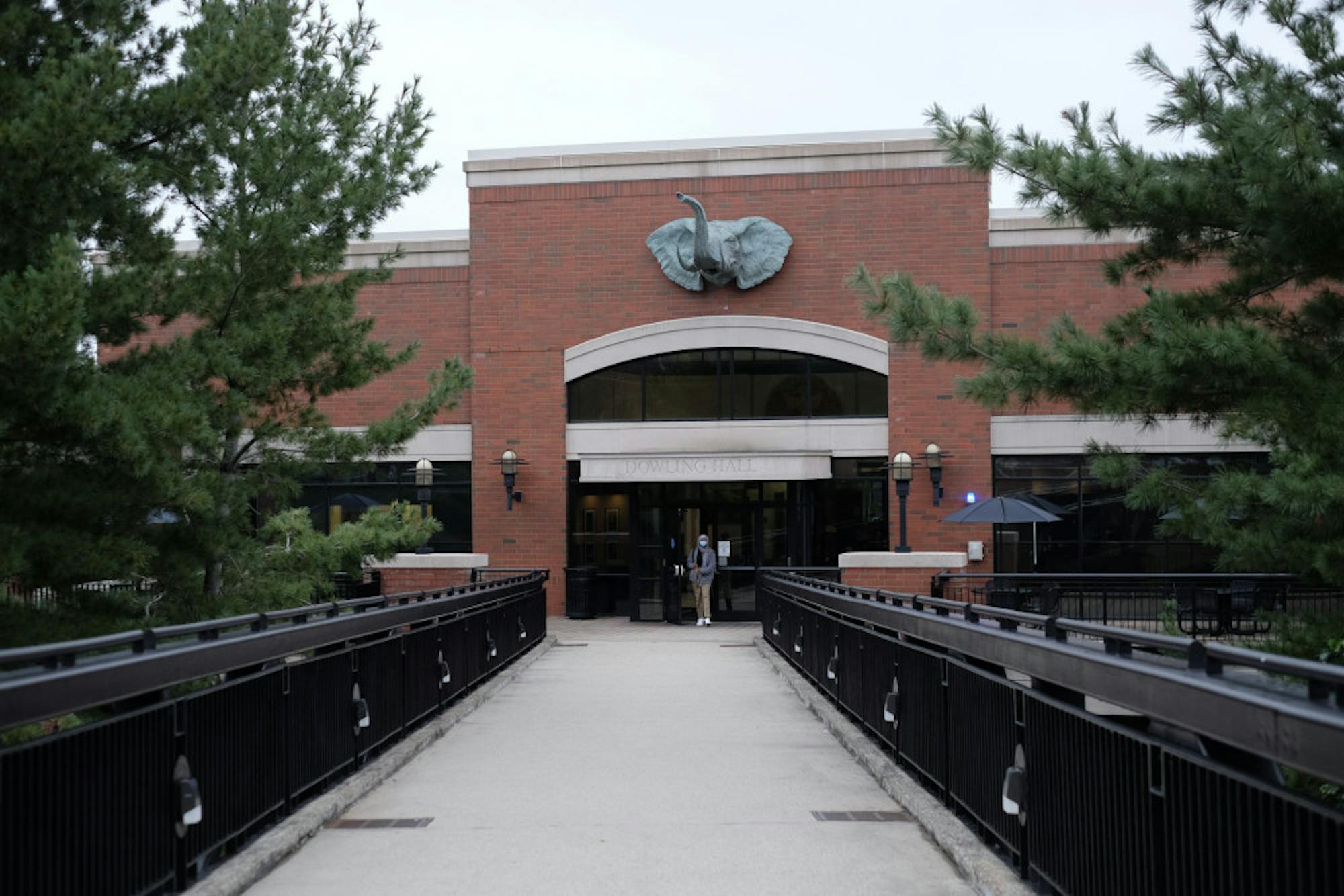Tufts was recently selected by the Schuler Education Foundation to participate in a multiyear, $25 million challenge grant as part of the foundation'sSchuler Access Initiative, which aims to increase the number of undocumented and Pell Grant-eligible students admitted to top universities.
The Schuler Education Foundation will match Tufts community members’ donations up to $25 million and put all of the money toward financial aid for undocumented and Pell-eligible students. The Schuler Access Initiative will invest a total of $500 million across participating colleges and universities over a ten-year period.
The co-founders of the Schuler Education Foundation, Jack Schuler and his daughter Tanya Schuler Sharman, are both Tufts alumni.
“I have been a great believer of these low-income, first-generation minority kids getting into top colleges for over twenty years,” Jack Schuler said.
To be selected as a recipient, Tufts underwent a review by members of the Schuler Education Foundation. The review considered Tufts' selectivity, willingness to match the grant amount and commitment to increasing its enrollment of Pell-eligible and undocumented students.
Tufts University President Anthony Monaco expressed optimism about the university’s ability to raise the $25 million. He explained that Tufts has had plenty of experience with challenge grants, both in the undergraduate school and across its graduate and professional programs.
“We know that [challenge grants are] a very effective mechanism for donors to make a commitment to something that they want to support," Monaco said. "When they hear that the university or another donor is stepping up with that level of commitment, it sometimes brings people in that were hesitant before.”
Monaco said that one of the biggest obstacles to admitting more undocumented and Pell-eligible students is helping them to feel integrated and welcomed into the Tufts community.
“[Students] come from such a variety of backgrounds … and we want to be as welcoming as Tufts should be to all students," Monaco said. "And so, the support that we need to provide is programmatic, it's academic, it's having the ability to join clubs and organizations [and having] that kind of spending cash in your financial aid package to afford textbooks."
Jared Smith, director of the FIRST Resource Center, discussed how the challenge grant could positively impact underrepresented communities at Tufts.
“As the point person for students in these communities (First Generation, Low-Income, and students with undocumented status), I look forward to seeing how these funds will serve as a catalyst to expanding support for these populations,” Smith wrote in an email to the Daily. "My hope is that increases to financial aid will only continue to help broaden access to a Tufts education."
Tufts Dean of Admissions JT Duck expressed gratitude to the Schuler Education Foundation and excitement about the opportunities the money may provide.
“I am so grateful to the Schuler Education Foundation for initiating this challenge grant, and for all of the people at Tufts that put together a competitive application,” Duck wrote in an email to the Daily.
Rob Mack, associate provost and chief diversity officer, explained how the Schuler Access Initiative challenge grant represents an extension of the university's ongoing efforts to raise money for financial aid.
“Fundraising for financial aid has been a top priority of President Monaco and his senior team and this opportunity is the perfect alignment for this effort," Mack wrote in an email to the Daily. "We have a record of donor generosity that has supported this goal and I believe we will continue our success to cultivate these gifts.”
The Schuler Education Foundation plans to involve about 20 colleges in its challenge grant initiative. So far, Kenyon College, Carleton College, Bates College and Union College have been selected in addition to Tufts.






